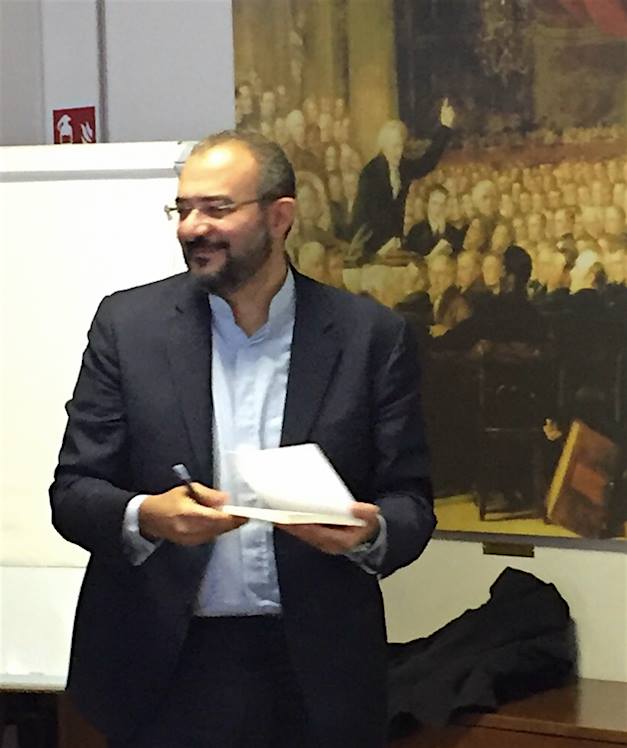INTRODUCTION TO ISLAMIC LAW: Critical analysis of current Islamic trends 2-10
Critical analysis of current Islamic trends second class: Intro to Fiqh IPSA-Cape Town 2019 This is from the second lecture (out of 10), which Dr.Jasser teaches as a “Contemporary Islamic Law” graduate course. He took a critical analysis of the various schools of Islamic law/thought today and attempted to explain the impact…

